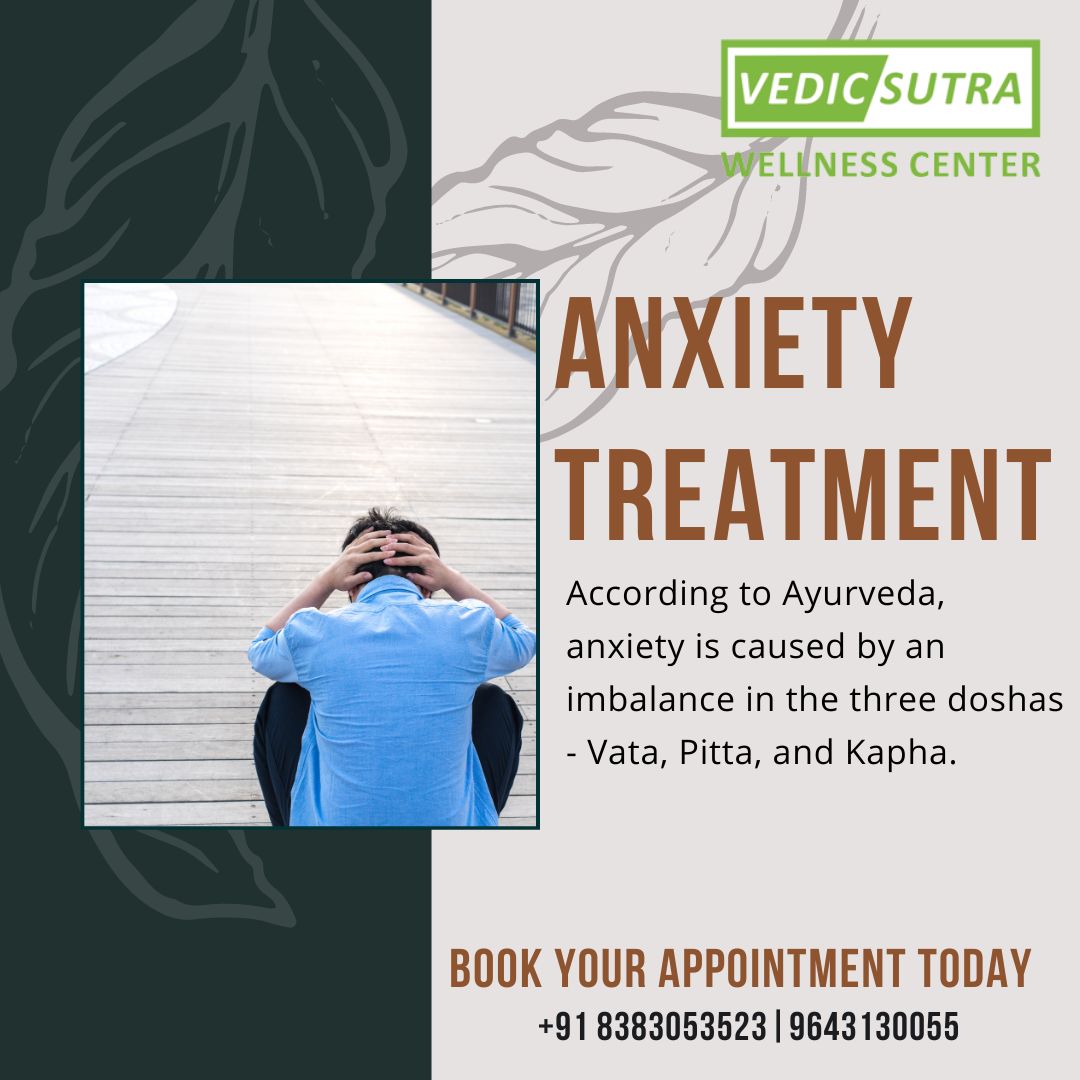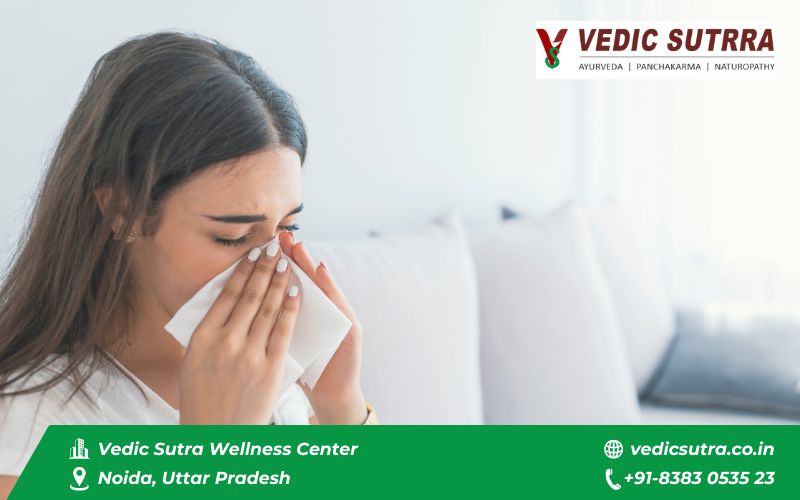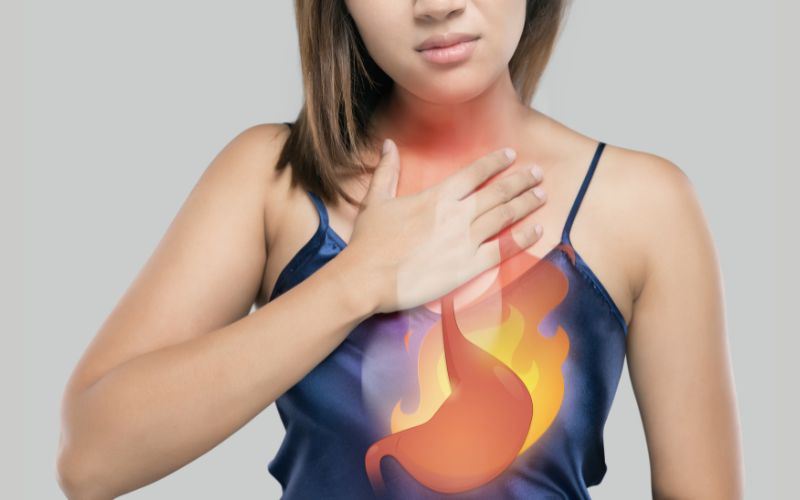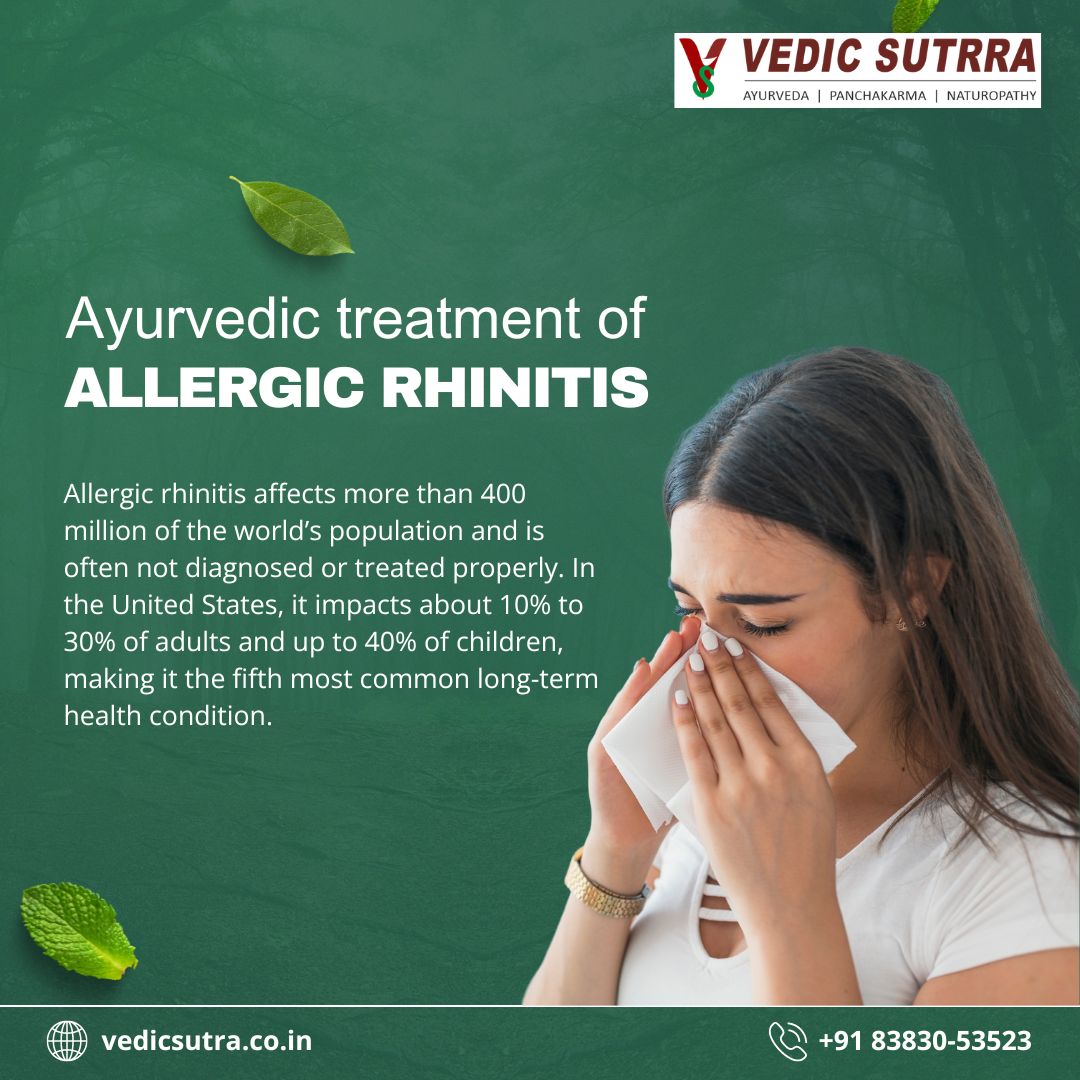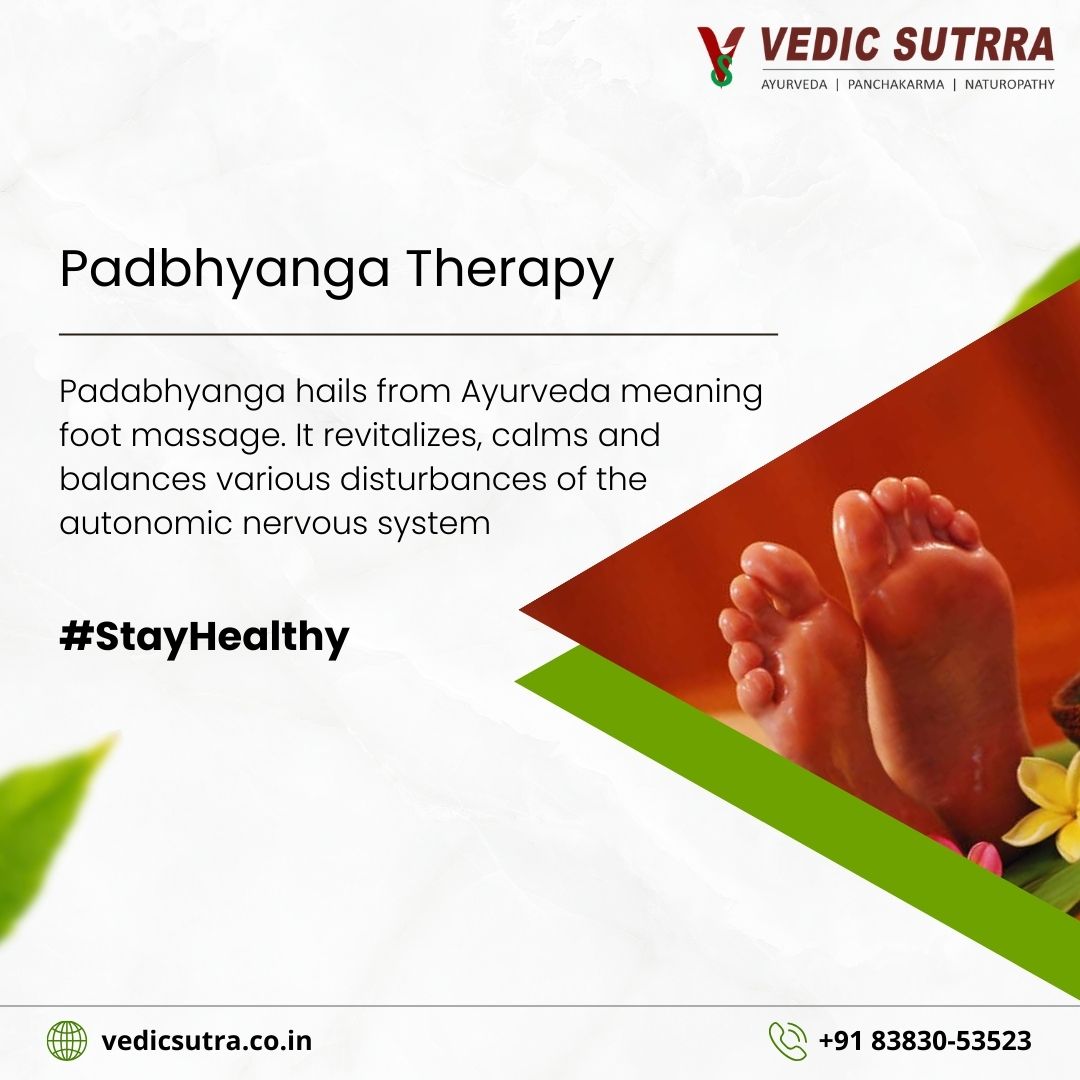Anxiety : Causes, Symptoms, and Treatment
Ayurveda is an ancient Indian system of medicine that has been used for thousands of years to treat various health conditions. One of the areas where Ayurveda can be particularly helpful is in the treatment of anxiety. Anxiety is a common mental health disorder that affects millions of people worldwide. In this article, we’ll explore how Ayurveda can help in the treatment for anxiety.
According to Ayurveda, anxiety is caused by an imbalance in the three doshas – Vata, Pitta, and Kapha. The Vata dosha, which is responsible for movement and communication, is believed to play a significant role in anxiety. An imbalance in Vata can lead to restlessness, fear, and anxiety.
Vata dosha is responsible for the movement of thoughts, breath, and other bodily processes. It governs the nervous system and the mind. When the Vata dosha is imbalanced, it can lead to excessive movement and activity in the mind, which can cause anxiety, restlessness, and fear.
An imbalance in Vata can cause a range of physical and emotional symptoms, including dry skin, constipation, insomnia, anxiety, and nervousness. In Ayurvedic terms, this is known as a Vata imbalance.
Ayurveda believes that by understanding the nature of the doshas and their interactions, we can identify the root cause of health problems, including anxiety. Vata dosha is particularly relevant to anxiety, as it governs the mind and the nervous system.
When the Vata dosha is balanced, the mind is calm, focused, and clear. However, when the Vata dosha is imbalanced, the mind can become scattered, restless, and anxious. This can lead to a range of mental health issues, including anxiety disorders.
Before we understand how Ayurveda can help to treat anxiety, let us understand in detail what is anxiety, its symptoms, and its causes.
What is Anxiety?
Anxiety is a normal and common emotional response to stress or perceived danger. It is a feeling of unease, such as worry or fear, that can range from mild to severe and can be accompanied by physical symptoms such as rapid heartbeat, sweating, and trembling. Anxiety can be helpful in certain situations, as it can motivate us to take action to protect ourselves or solve problems. However, when anxiety becomes excessive, prolonged, or interferes with daily activities, it can be considered a mental health disorder.
Some Common Anxiety Disorders include:
- Generalized Anxiety Disorder: It is characterized by excessive and persistent worry or anxiety about everyday events or activities, often with little or no apparent reason.
- Social Anxiety Disorder: It involves overwhelming fear and worry of being scrutinized or judged by others in social situations, which can cause significant distress and interfere with daily activities.
- Panic Disorder: It is characterized by sudden and intense attacks of fear or discomfort, which can be accompanied by physical symptoms such as chest pain, palpitations, and sweating.
- Separation Anxiety: It is a normal part of development in children but can also affect adults and is characterized by excessive fear or anxiety about separation from loved ones or attachment figures.
- Agoraphobia Anxiety Disorder: It is a fear of certain places or situations, such as crowded spaces or public transportation, which can cause avoidance and significant distress.
- Selective Mutism: It is a condition where a person, typically a child, can speak normally in some situations, but is unable to speak in others, such as in public or social situations.
- Medication-induced Anxiety Disorder: It refers to the experience of anxiety or panic symptoms caused by certain medications, such as drugs or nicotine.
Symptoms of Anxiety
The symptoms of anxiety can vary depending on the person and the type of anxiety disorder they may be experiencing. However, some common symptoms of anxiety include:
- Excessive worrying or fear about everyday events or situations
- Difficulty controlling or stopping worry
- Physical symptoms such as rapid heartbeat, sweating, trembling, and shortness of breath
- Avoidance of situations or activities that cause anxiety
- Irritability or restlessness
- Difficulty in concentrating or focusing
- Sleep disturbances such as difficulty falling asleep or staying asleep
- Muscle tension or headaches
- Fatigue or feeling tired easily
- Nausea or digestive issues
It’s important to note that some of these symptoms can also be caused by other medical conditions, so it’s essential to speak with a healthcare professional to rule out any underlying medical issues.
Causes of Anxiety
Anxiety can be caused by a combination of factors, including biological, environmental, and psychological factors. Some common causes of anxiety include:
- Genetics: People with a family history of anxiety disorders may be more susceptible to developing anxiety themselves.
- Brain chemistry: Imbalances in certain brain chemicals called neurotransmitters can contribute to anxiety.
- Environmental factors: Stressful life events such as trauma, abuse, or chronic stress can trigger anxiety in some individuals.
- Personality traits: People with certain personality traits such as perfectionism, pessimism, or a tendency to overthink may be more prone to developing anxiety.
- Medical conditions: Certain medical conditions such as thyroid disorders or heart disease can cause symptoms of anxiety.
- Substance abuse: Alcohol, drugs, and other substances can increase anxiety symptoms or trigger anxiety disorders.
- Medications: Certain medications, including some antidepressants, steroids, and stimulants, can cause anxiety symptoms as a side effect.
It’s important to note that anxiety can also occur without any identifiable cause, and there may be a combination of factors contributing to an individual’s anxiety.
How to Treat Anxiety through Ayurveda
To treat anxiety in Ayurveda, it’s essential to balance the Vata dosha. Here are some Ayurvedic remedies that can be helpful in treating anxiety:
- Meditation: Ayurveda recommends meditation as a way to calm the mind and reduce anxiety. Regular meditation practice can help improve focus, reduce stress, and promote relaxation.
- Ayurvedic Herbs: Certain Ayurvedic herbs are known for their calming properties and can be helpful in treating anxiety. Some of the commonly used herbs include Ashwagandha, Brahmi, Shankhapushpi, and Jatamansi. These herbs can be taken in the form of supplements, teas, or powders.
- Yoga: Yoga is another powerful tool in the Ayurvedic approach to treating anxiety. Yoga postures can help reduce stress, calm the mind, and promote relaxation. Some of the recommended yoga postures for anxiety include Child’s Pose, Cobra Pose, and Corpse Pose.
- Diet: Ayurveda emphasizes the importance of a healthy and balanced diet in treating anxiety. A diet that’s rich in fresh fruits and vegetables, whole grains, and lean proteins can help improve overall health and reduce anxiety symptoms.
- Lifestyle changes: Ayurveda also recommends making certain lifestyle changes to reduce anxiety. This can include getting enough sleep, reducing caffeine and alcohol intake, and incorporating relaxation techniques into your daily routine.
Vedic Sutrra Wellness Centre can help individuals reduce anxiety symptoms and promote overall health and well-being by making use of the Best Ayurveda Practices. We help to cure anxiety by balancing the Vata dosha through meditation, Ayurvedic herbs, yoga, a healthy diet, and lifestyle changes.
Dr. Anu Jaiswal, the founder of Vedic Sutrra Wellness Centre the best ayurvedic clinic in Noida, is a practicing Ayurvedic Physician with a rich experience of 21 years. Dr. Anu’s Ayurvedic medical consultations aim to identify underlying causes of illness rather than just manage the symptoms.

